Here at Progressive Service Company, we deal with plumbing every day. We see all sorts of problems, from the inconvenient to the catastrophic.
With as much use as your home’s plumbing system gets, there are a lot of things that can go wrong. Often, this comes from normal wear and tear. But sometimes, larger problems are more avoidable. Here, we show you how a few small changes to your routine can save you a lot of time and headaches down the road.
Keep your drain free of fats, oils, and greases
When poured down the drain, fats, oils, and greases—collectively known at FOG—will cool, harden, and clog your pipes. If you don’t already, dispose of cooled grease in the trashcan. Even if you’re careful, it is easy to let some slip through into the drain, so to minimize your risk, avoid using hot water to rinse grease off the dishes. Instead, use a paper towel to wipe dishes off free of hardened grease so the bulk goes into the trash can. And while butter, oils, grease, lard, and shortening pose the most risk to your plumbing system, other items like sauces and meat scraps can add to the build-up—so make sure those find their way to the trash can, too.
Run the disposal regularly
Even when you aren’t using it, it’s a good idea to run your disposal every few days. Otherwise, food in the disposal can harden. For a deep clean, pour a half cup of baking soda into your disposal, and follow it with a half cup of vinegar. After 10 – 15 minutes, start running cold water and turn on the disposal. Let it run for a minute or two, and voila! Your disposal has now been cleaned out.
Clean out the shower drain
When life gets busy, it’s easy to overlook the small things, like all that hair that has built up on top of your shower drain. Make a habit of swiping that hair away regularly, perhaps on the same day of each week. This simple routine will help by keeping the hair from seeping into the drain and creating a blockage. If you already have a deep clog, we don’t recommend you lift the drain and try to clear it yourself; you could potentially cause damage to your pipes, creating an even bigger problem. In this case, contact a professional to resolve the problem.
Be careful what you flush
Clogged toilets are among the most common and most unpleasant plumbing problems. Just as a reminder, you should never flush heavy paper products or similar materials down the toilet. That includes paper towels, feminine napkins, and facials tissue. Even toilet paper can cause problems when flushed in large quantities. And occasionally, other foreign objects can find their way into the toilet—it happens more than you think. Items fall from a cabinet above, or are placed in the toilet and flushed by children. Even toilet fresheners can cause issues if they become detached. Be aware of what you are flushing, potential, and move small objects away from your toilet.
If you do have a clog, but you can’t determine the source, any of the above could be causing the issue. Call a professional plumber for an official diagnosis and solution.
Don’t weigh down your shower head
Shower caddies can be useful, but hanging them right from the shower head is a bad idea. The weight of the caddy, bottles of shampoo, conditioner, shaving cream, and body wash along with your soap, wash cloth, loofa will drag your shower fixture down. Over time, this can cause leaks, pull the showerhead out of the wall, and even break off the shower head or a supporting piece.
Any caddy that attaches to the shower head should have suction cups, using the shower head for stabilization only, not weight bearing. Better alternatives are the free-standing corner rack or tension shower caddy.
Call in the professionals
Plumbing can be a headache, but it doesn’t have to be. Now, you can manage some important day-to-day maintenance. We’ll take care of the rest. Progressive Service Company is here for you, 24 hours a day, 7 days a week, 365 days a year. You can reach our team at 877-325-0180.
Get in Touch with Our Experts
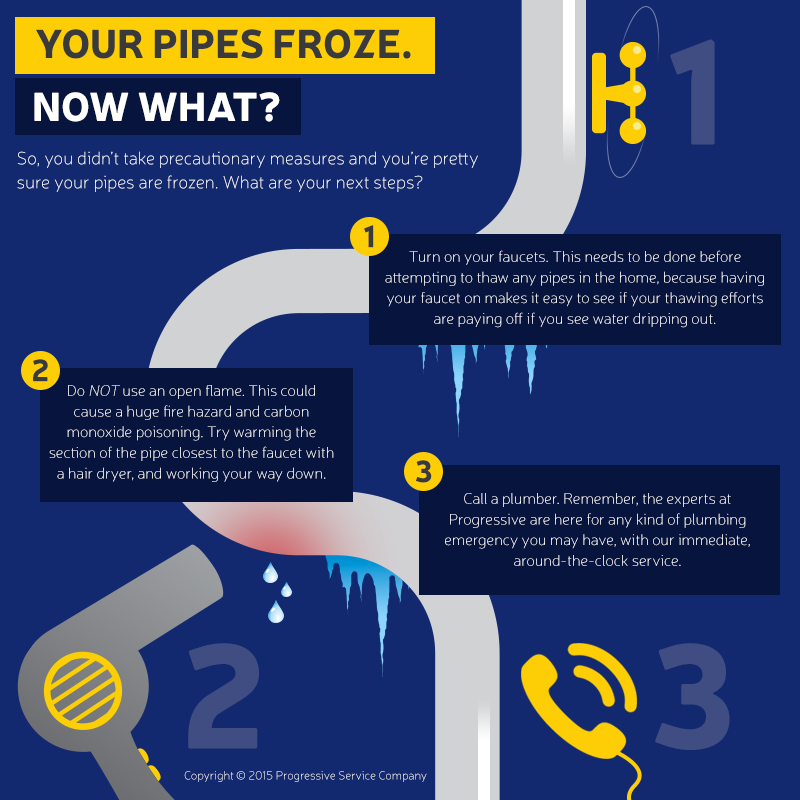
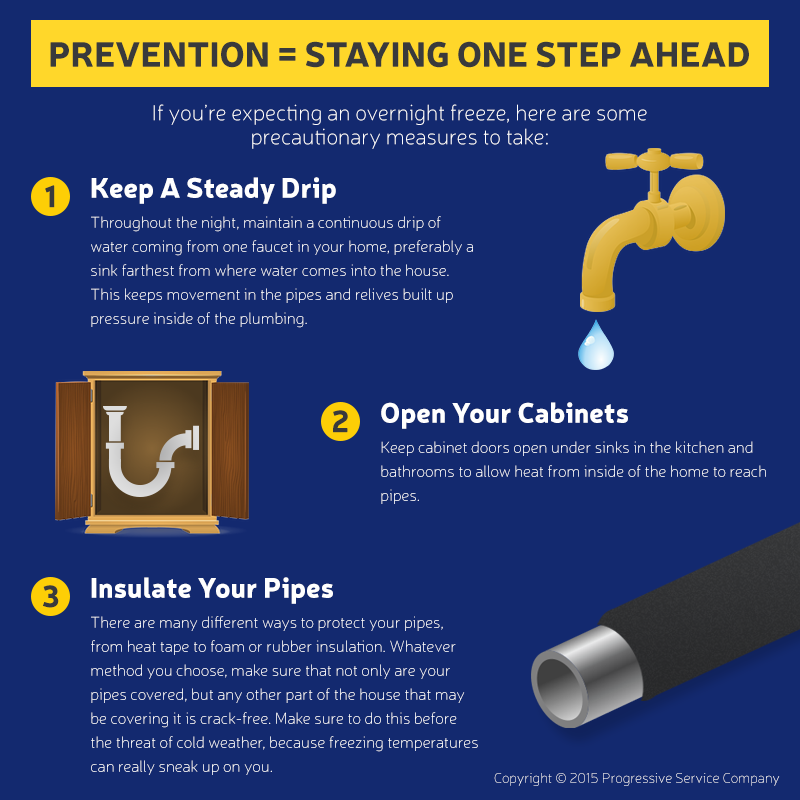
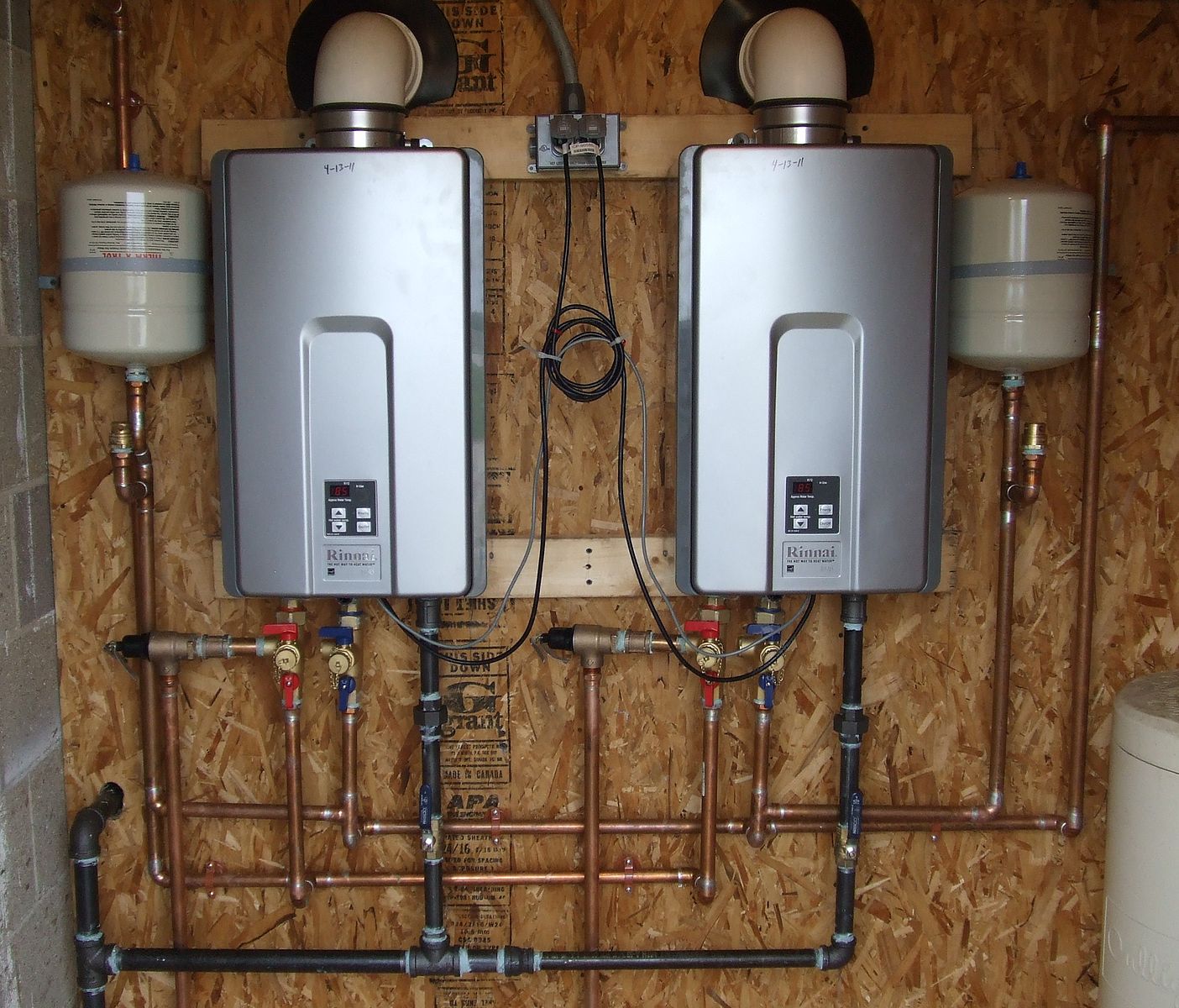 n to be tankless?
n to be tankless?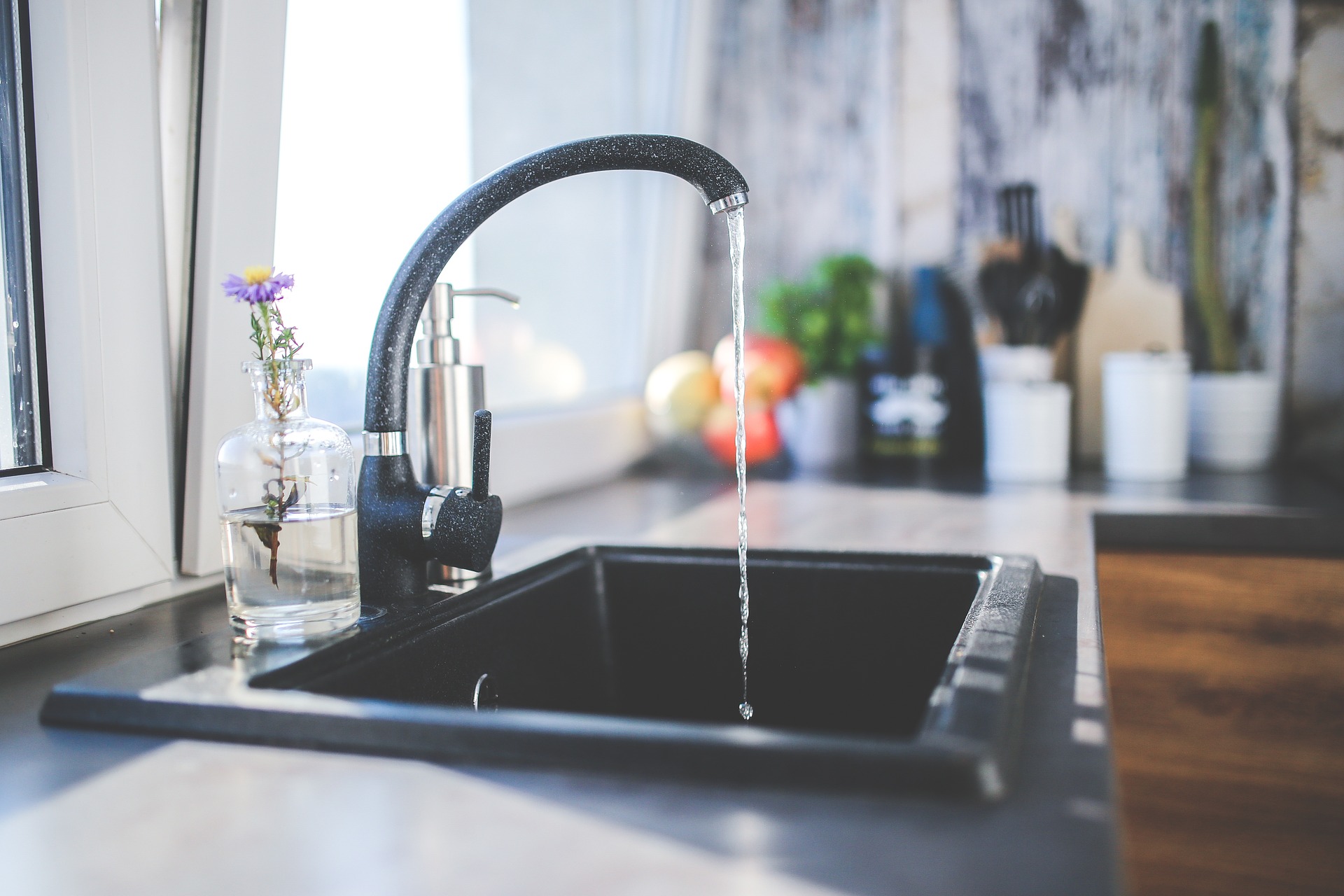
 Cook for the Winter.
Cook for the Winter. 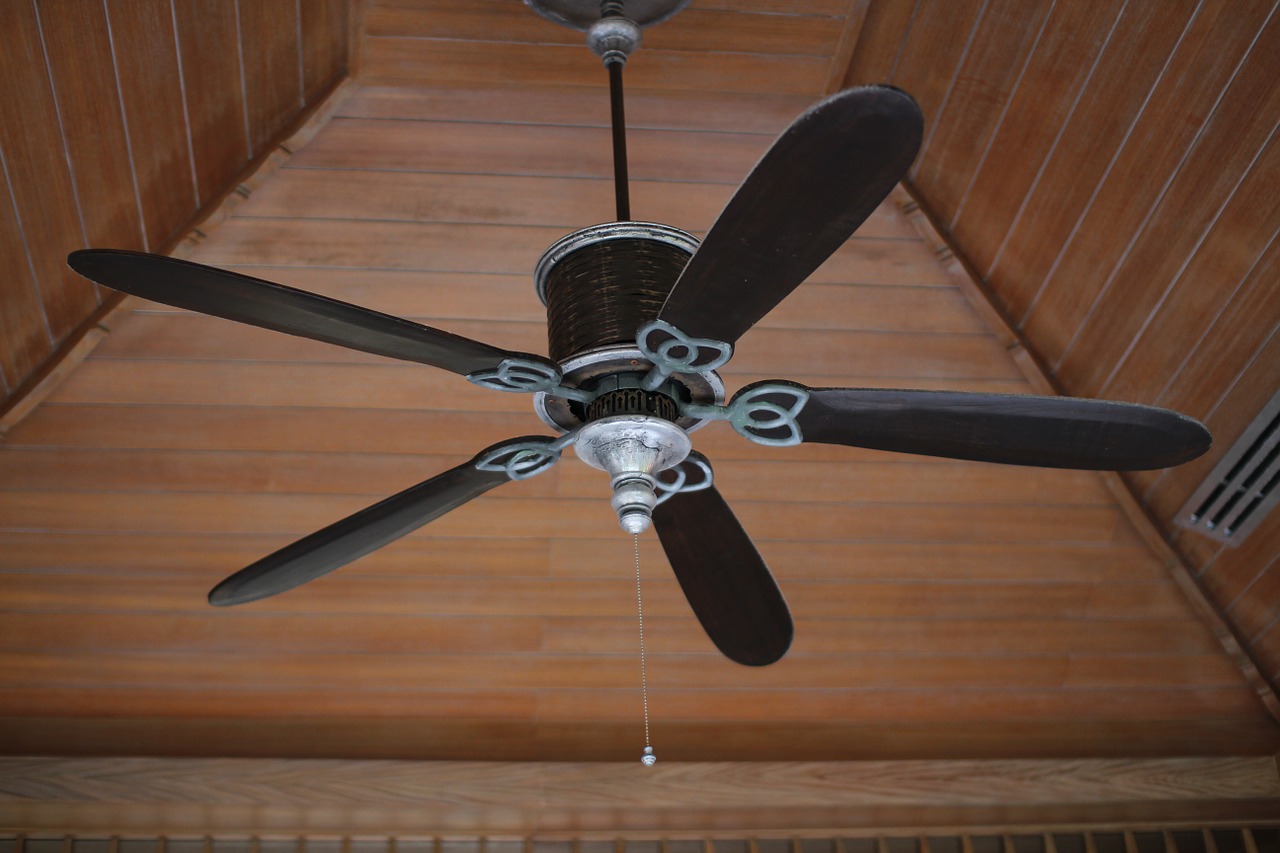 counter-clockwise in the summer to create a breeze, and run it clockwise in the winter months to circulate rising heat.
counter-clockwise in the summer to create a breeze, and run it clockwise in the winter months to circulate rising heat.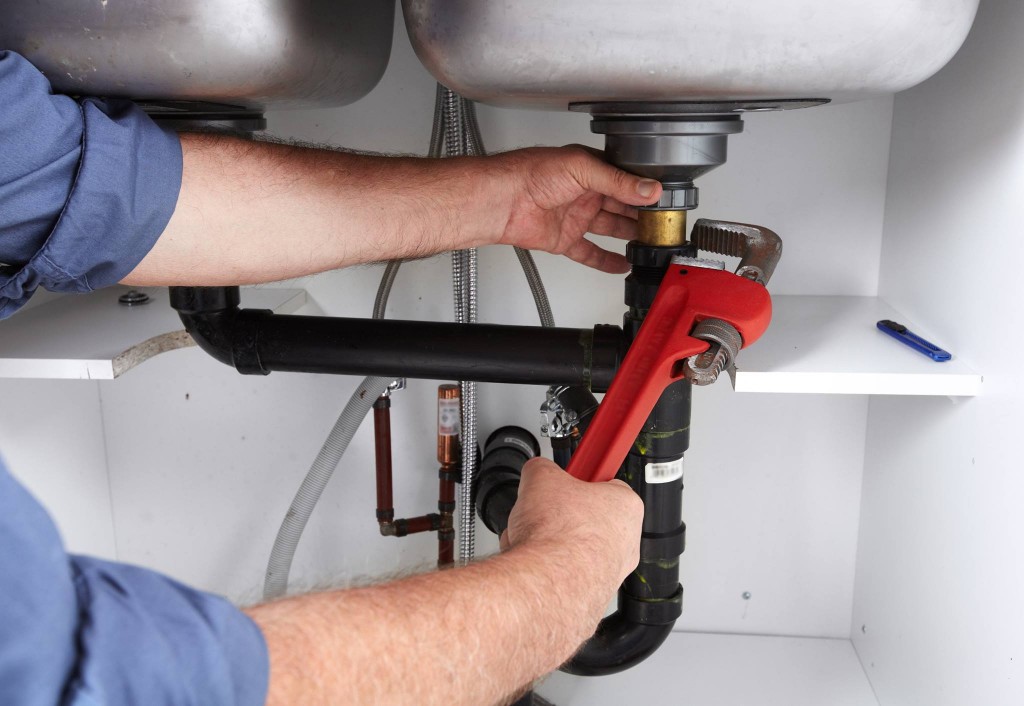
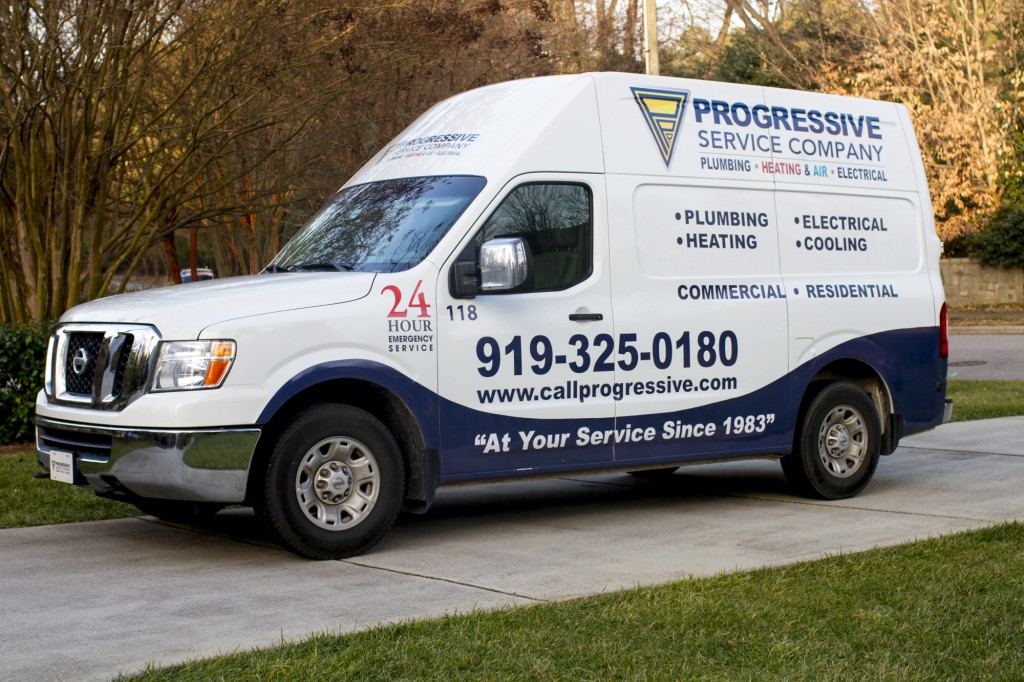 If you’re not sure whether you should attempt a DIY fix, call the experts at Progressive Service Company. Remember, some quick fixes can be done by yourself, but take these tips into consideration when attempting a DIY job.
If you’re not sure whether you should attempt a DIY fix, call the experts at Progressive Service Company. Remember, some quick fixes can be done by yourself, but take these tips into consideration when attempting a DIY job.  A part of nature, mold breaks down dead organic matter to keep the ecosystem up and running. It reproduces through tiny spores, and travels through both indoor and outdoor air. And the one major thing it needs to grow? Moisture. Mold can also be an allergy irritant, and cause other breathing and respiratory problems.
A part of nature, mold breaks down dead organic matter to keep the ecosystem up and running. It reproduces through tiny spores, and travels through both indoor and outdoor air. And the one major thing it needs to grow? Moisture. Mold can also be an allergy irritant, and cause other breathing and respiratory problems.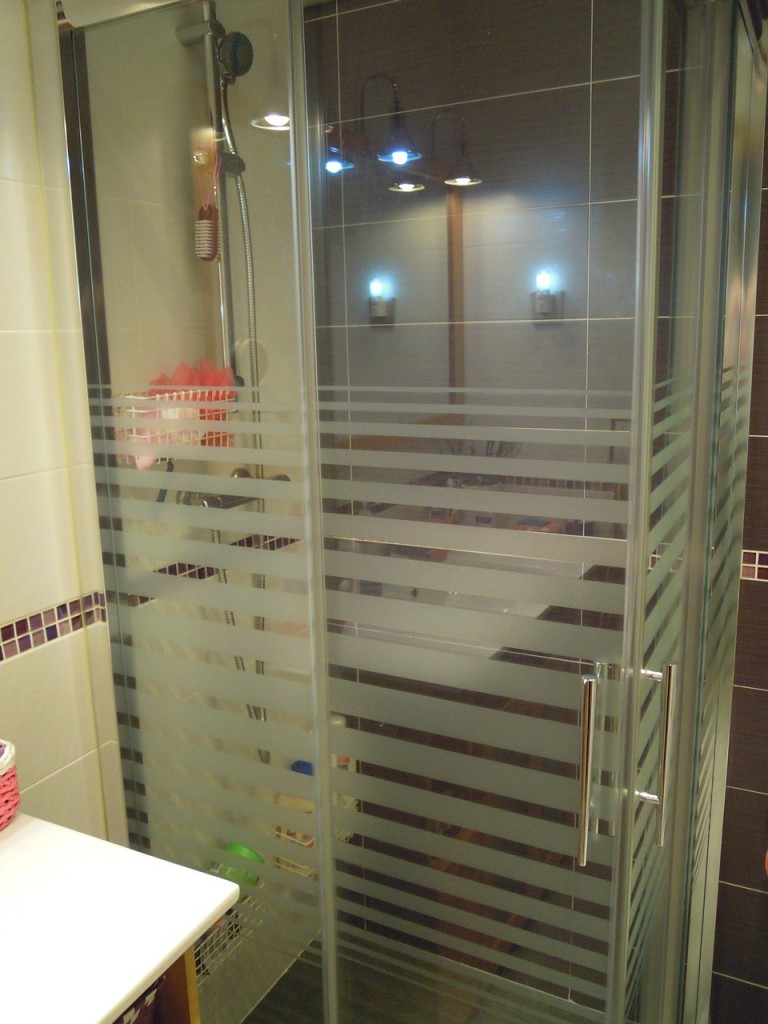
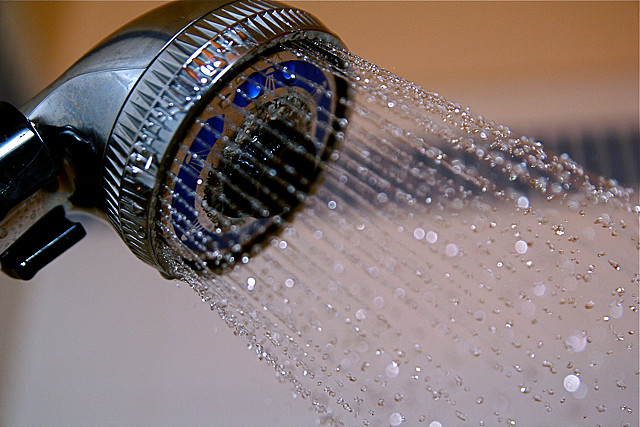 At Progressive Service Company, we specialize in water heating repairs and replacements. Of course, we’re here for when your water heater decides to quit, but how can you be proactive about noticing it before it stops completely? The last thing you want is for your water heater to fail unexpectedly, which can cause damage to your home. A busted water heater can cause soggy carpets, extensive water damage, not to mention the interruption to your daily routine!
At Progressive Service Company, we specialize in water heating repairs and replacements. Of course, we’re here for when your water heater decides to quit, but how can you be proactive about noticing it before it stops completely? The last thing you want is for your water heater to fail unexpectedly, which can cause damage to your home. A busted water heater can cause soggy carpets, extensive water damage, not to mention the interruption to your daily routine!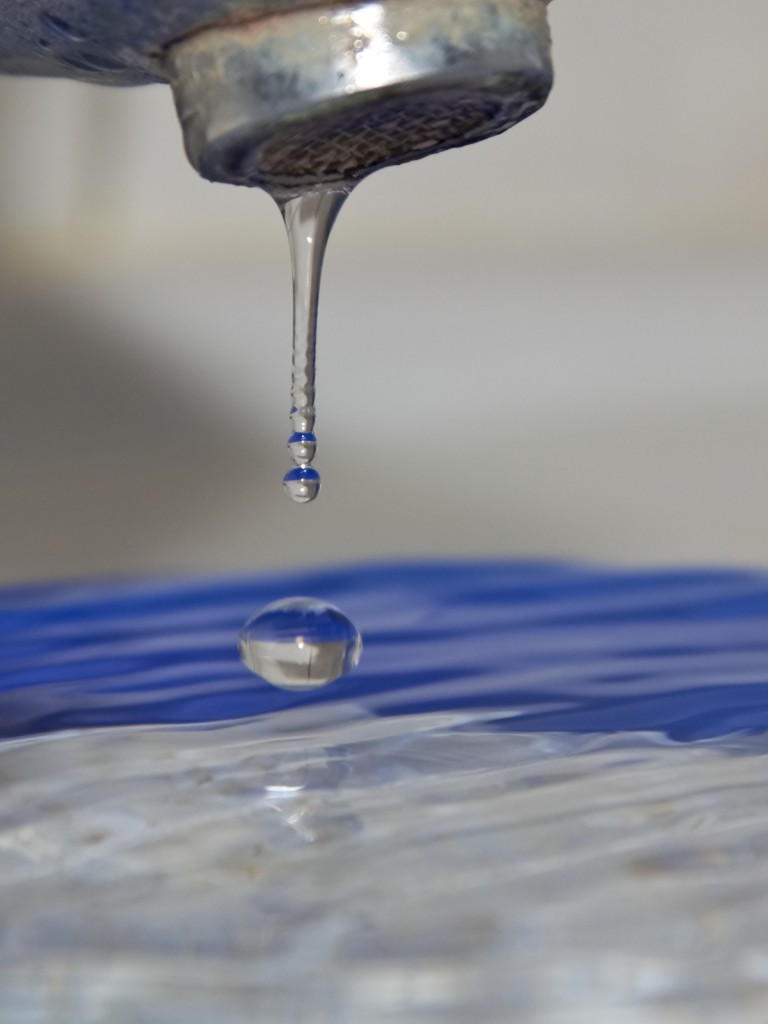 If your water isn’t quite as hot as it once was, and it feels lukewarm, it could mean that you need to replace your water heater. Pay attention to the water pressure as well – lukewarm water and low pressure water is a sign that your water heater needs replacing. How long does it take for your water to heat up? If it takes longer than usual to reach a warm temperature, the heating mechanism in your hot water tank may be broken.
If your water isn’t quite as hot as it once was, and it feels lukewarm, it could mean that you need to replace your water heater. Pay attention to the water pressure as well – lukewarm water and low pressure water is a sign that your water heater needs replacing. How long does it take for your water to heat up? If it takes longer than usual to reach a warm temperature, the heating mechanism in your hot water tank may be broken.